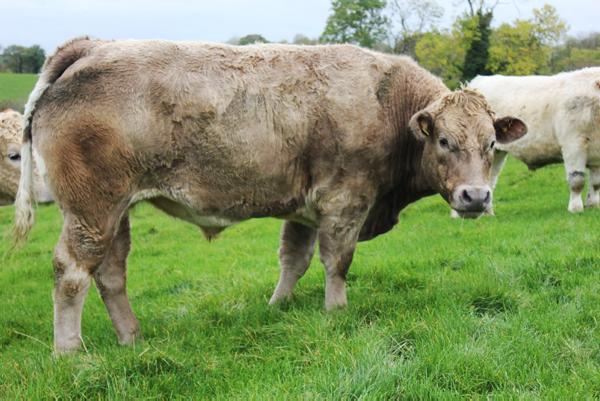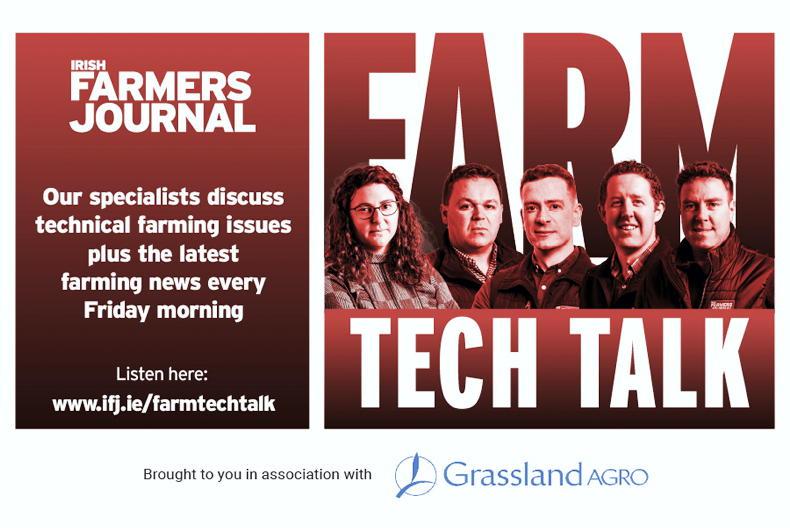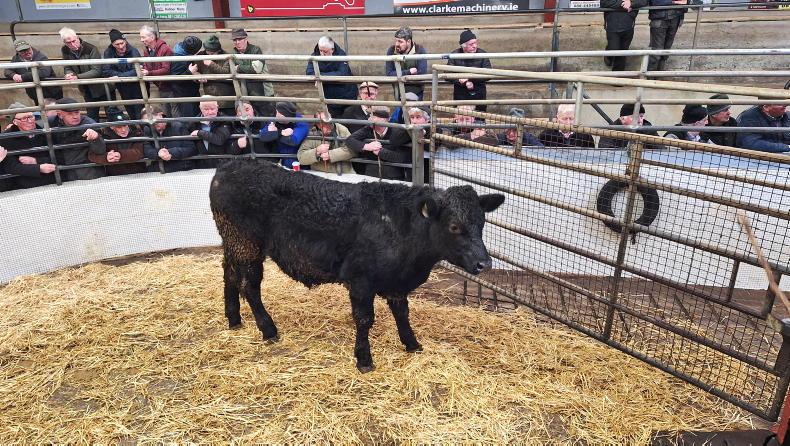Base quotes for beef are generally unchanged this week, with most factories quoting 346p/kg for U-3 grade cattle, although 350p/kg is generally available for good conformation quality heifers.
Sources in the trade suggest that numbers of prime cattle have tightened slightly with grass-fed beef now gone from the system.
Demand remains strong for in-spec cattle, and despite attempts by some factories to take quotes from 350p/kg to 346p/kg last week, the majority of the NI kill was sold at similar prices to the previous week.
Beef finishers who have contacted the Irish Farmers Journal in the past few days have highlighted a number of issues of concern. One said that he had agreed a price for heifers with a factory buyer last week, but once he received his remittance advice, the prices paid were not what was agreed.
He said: “Farmers should check through the prices paid for all their cattle and make sure that the money paid for each individual animal is what was agreed. It has happened to me on a number of occasions.”
Another alleged that he had agreed with a factory buyer that the cut on Republic of Ireland tagged cattle would be waived if his cattle were in-spec and therefore suitable for the butcher trade. Despite the cattle killing within the desired weights and grades, he was surprised when his remittance came back with the cuts fully applied.
Angus
Finishers working with native breed cattle have also highlighted a number of issues, especially given that some factories are now routinely conducting DNA tests on the authenticity of the meat.
One supplier to the Tesco Angus scheme said that he regularly slaughters cattle that have been recorded as Angus on APHIS, but subsequently turn out to have no Angus DNA when tested after slaughter. That means losing out on the Angus premium, which in the Tesco scheme could be up to £150, and above.
“I pay a premium for the cattle and then get clobbered in the factory when the cattle are not correct. I would urge farmers to make sure to include the name of the bull when registering Angus calves,” he said.
Rosé veal
Meanwhile, around 50 finishers supplying rosé veal to Linden Foods in Dungannon have been told to cut their production in half, with the aim to supply around 75 cattle per week.
The Irish Farmers Journal understands that sales of rosé veal under Linden’s Banquet Royale Rosé Veal brand have proved difficult as the company has been trying to compete in the sluggish European market and against a cheap veal offering from Holland.
The rosé veal suppliers have been told to take their better quality young bulls to heavier weights (240kg, and above). They have also received a commitment from Linden that they will continue to work with the farmers in the future.
The Ulster Farmers Union has submitted a list of concerns to the agriculture committee of the NI Assembly in relation to new cross-compliance penalties concerning cattle identification.
In January 2014, DARD introduced a new threshold on the amount of single missing tags farmers were allowed at inspection – 10%, up to a maximum of 20 animals.
According to UFU deputy president Ivor Ferguson, his organisation has made DARD aware of concerns about this threshold on a number of occasions, only to be told that it has been introduced to satisfy the European Commission. At a meeting of the Stormont agriculture committee last week, DARD officials insisted that their assessment of the rules was that the threshold was at the limit of what the Commission would accept.
Flexibility
However, Ferguson maintains that much more flexibility on the single tag issue is allowed in other neighbouring regions. “It is clear that DARD has once again gold-plated regulation far and beyond the European requirements,” he maintained.
He also questioned the quality of tags supplied to local farmers, with figures for NI indicating that 7% of tags needed to be replaced in 2012 and 2013 compared with only 4.2% in the Republic of Ireland. Replacement tags cost the NI livestock sector in the region of £1.5m annually.
“For us, this is an unacceptable cost and with the replacement rate in ROI much lower, it is clear that DARD must put in place a more stringent process for approving quality cattle tags in NI,” said Ferguson.
The Union has asked DARD to consider giving local farmers the option of using a secondary metal tag as is allowed in Britain.










SHARING OPTIONS